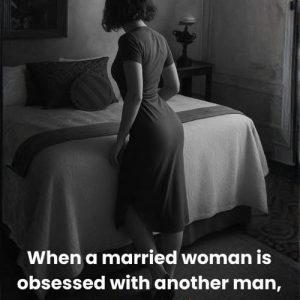The café was filled with the comforting aroma of freshly brewed espresso as my best friend Riley and I sat down to catch up. I’ve been hard of hearing all my life, and signing is how I naturally communicate—especially with Riley, who is Deaf. For us, it’s simply our language, a way to connect and share stories. At the table next to us, a young boy watched curiously, his eyes wide with fascination as he tried to mimic a few of our signs. His innocent excitement made me smile—until his mother frowned and yanked his hands down.
Moments later, she marched over to our table. “Could you stop all the gesturing?” she said sharply. “It’s distracting and makes me uncomfortable.” I took a deep breath and calmly explained, “This isn’t a performance. It’s American Sign Language, and it’s how millions of people communicate every day.” But she wouldn’t listen. Her voice grew louder as she insisted we “do it somewhere private.” Even her son tugged at her sleeve, quietly whispering that we weren’t doing anything wrong. Around us, the café fell silent, the tension thick in the air.
That’s when James, one of the waiters we’ve known for years, stepped forward. With a towel draped over his arm, he addressed her in a calm but firm voice: “Ma’am, they’re simply having a conversation. There’s nothing disruptive about sign language. What’s disruptive is making others feel unwelcome.” She opened her mouth to argue, but James didn’t waver. “Our café welcomes everyone,” he said. “We don’t tolerate discrimination here. If that’s a problem for you, perhaps this isn’t the right place for you to be.”The room erupted in quiet applause. The woman’s face flushed red as she grabbed her son’s hand and turned to leave. But before they reached the door, the boy hesitated. He slipped free from her grasp and ran back to our table. With a shy smile, he carefully signed, “I’m sorry.” Then he tilted his head and asked how to sign the word “friend.” Riley gently showed him the sign. The boy repeated it, his movements a little clumsy but full of heart, before hurrying after his mother. As I watched him go, my chest filled with hope. That small moment of kindness, combined with the support of James and the other café customers, reminded me why it’s so important to stand firm. That day wasn’t just about defending a language—it was about planting a seed of understanding in a world that still has a lot to learn. Sometimes, a single act of respect can echo far louder than ignorance ever could.





